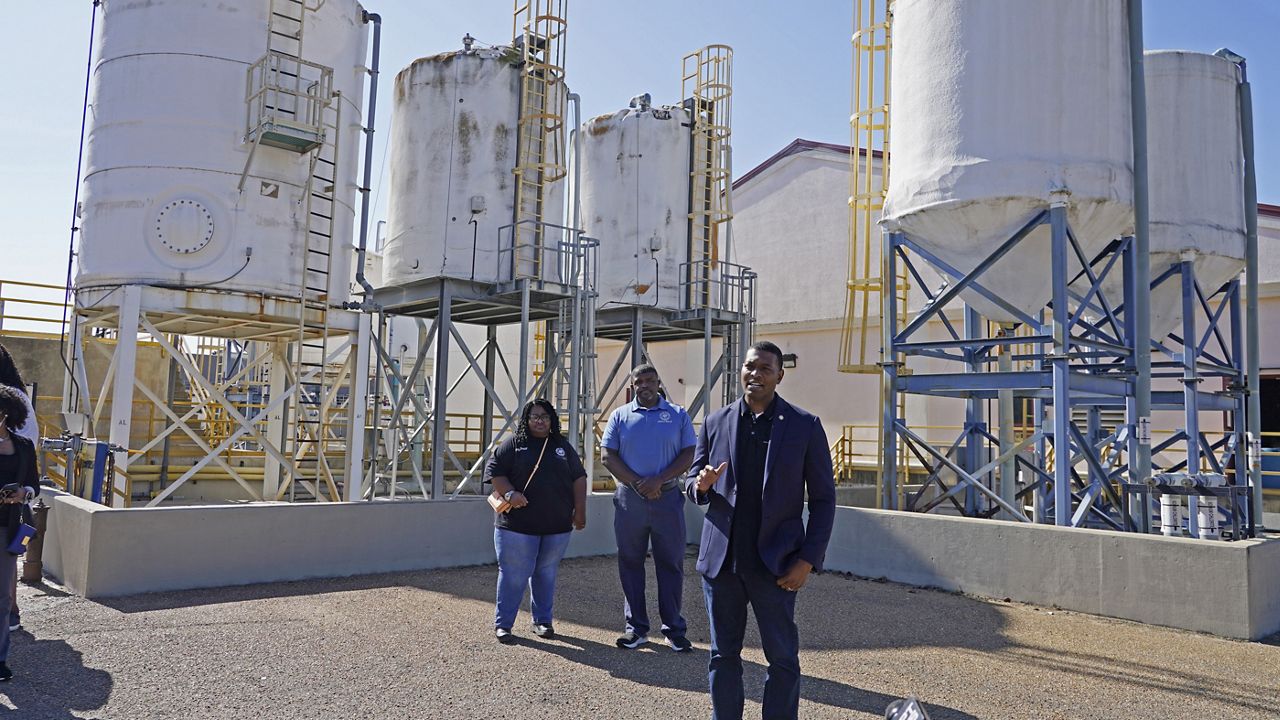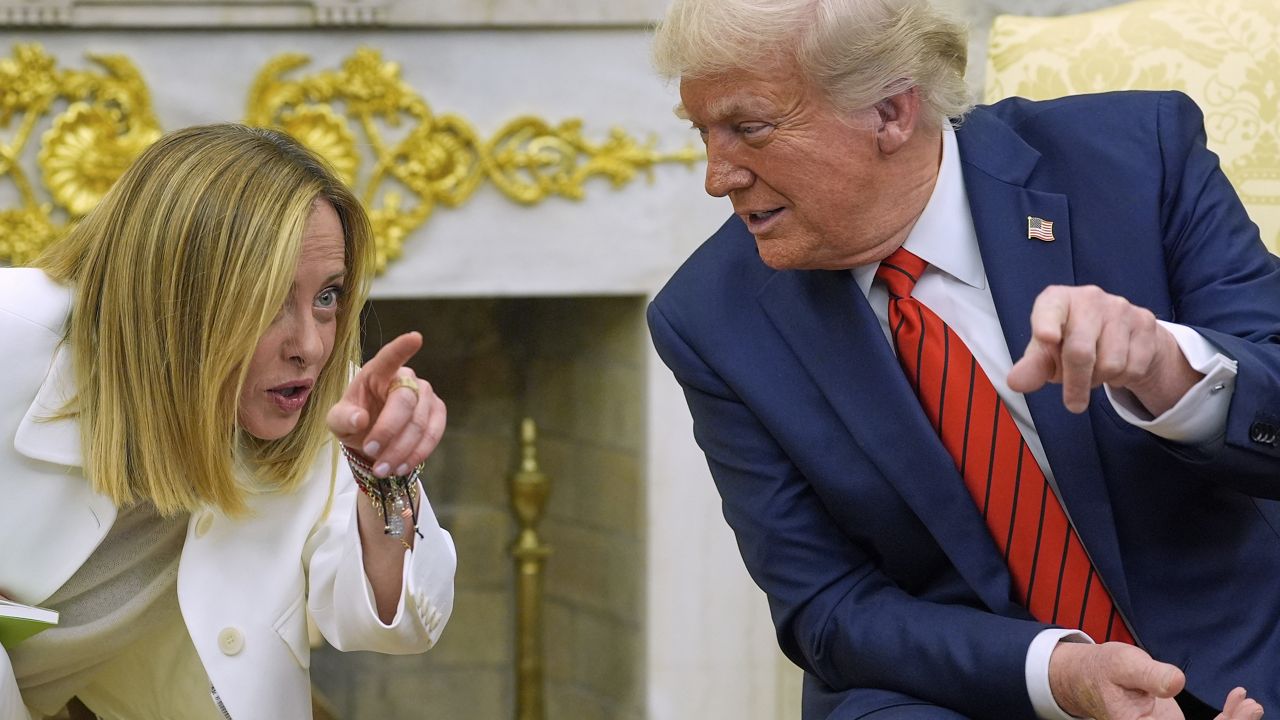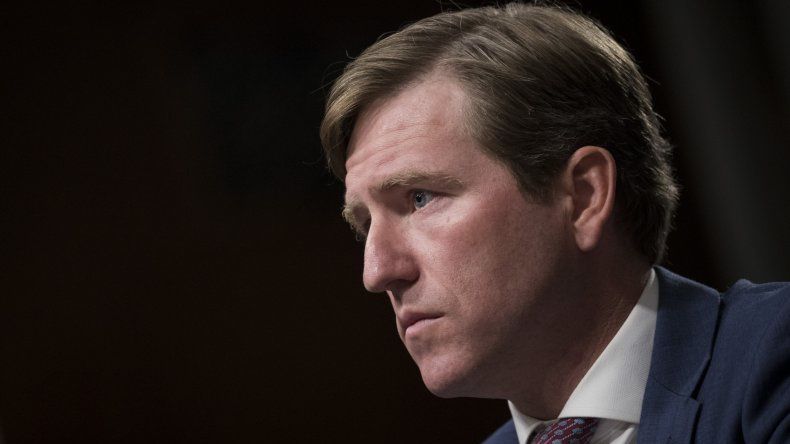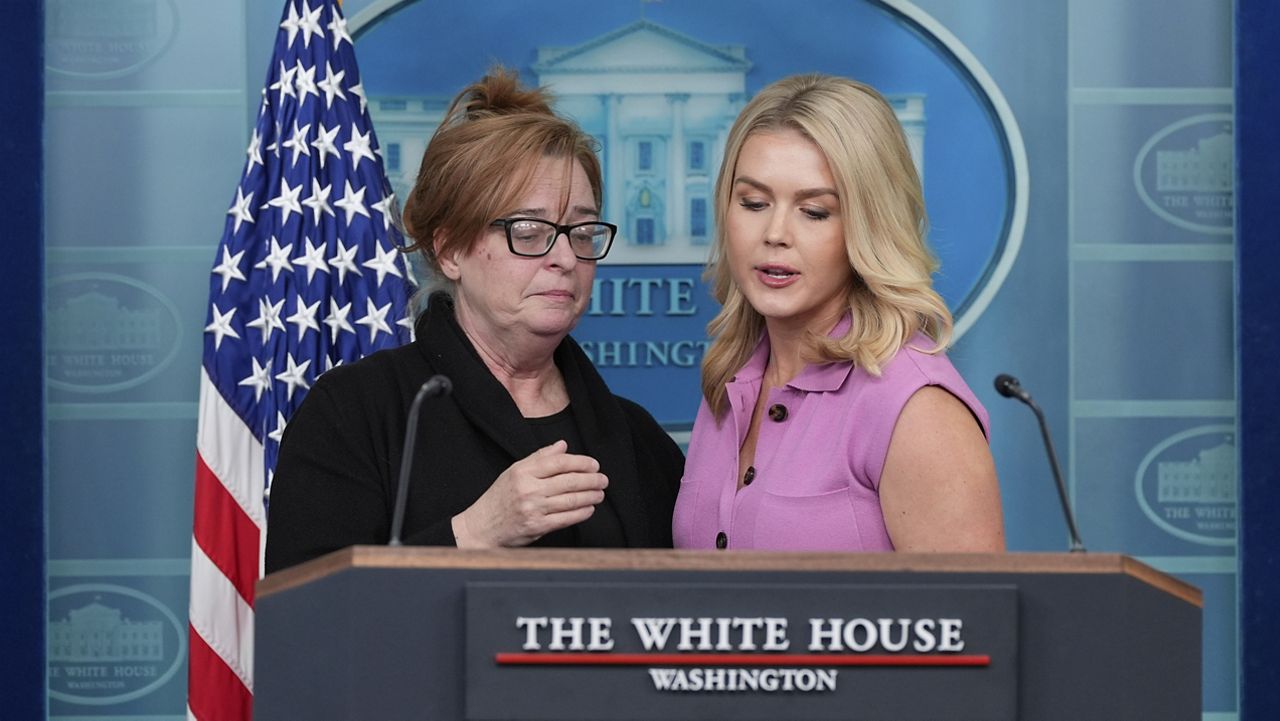Eleven organizations focused on the environment will receive $600 million to distribute to local groups for climate projects across the country, the Biden administration announced on Wednesday.
The funds will be distributed in a new “innovative structure” intended to move federal dollars for environmental work faster and to groups that can have the most impact on the ground.
“For a long time we’ve heard from leaders in the environmental justice movement that a significant hurdle to funding their work is the federal grant making process itself,” Vice President Kamala Harris said on a call with reporters to make the announcement. “Applications can take years to be approved and, in general, the process favors larger, national organizations over smaller, local organizations.”
In a bid to combat that, the administration will, with its new grant program, enable the 11 selected organizations or “grantmakers” as they have been dubbed, to work as middlemen, receiving applications, deciding which groups will be awarded funds and reporting and tracking progress.
The groups receiving the subgrants could be working on a range of activities, including local clean-ups, air quality projects, community preparedness and disaster programs and more.
“For example, these grants could help a nonprofit in, say, Atlanta monitor air pollution levels or help a middle school in Indian Country create a summer program to teach young leaders about environmental science,” Harris said.
The funds come from the Environmental Protection Agency’s “Environmental Justice Thriving Communities Grantmaking program,” which was created by one of President Joe Biden’s signature pieces of legislation, the Inflation Reduction Act.
The new program is also a part of the administration’s initiative seeking to ensure 40% of overall benefits of certain investments reach underserved communities.
“For generations, low income communities, immigrant communities, native communities and communities of color have endured disproportionate levels of air, water and soil pollution,” Harris said. “These communities are also often hardest hit by the climate-driven extreme weather: hurricanes, floods, wildfires and extreme heat.”
The organizations, including both regional and national “grantmakers,” are expected to begin awarding grants by the summer of 2024.
“These organizations are run by people who live and work in the communities they serve, leaders who understand intuitively the needs and the incredible capacity of the place in which they live,” Harris said, emphasizing the $600 million investment is just a “downpayment.”
Republicans in the House have sought to scale back funding to the EPA, arguing under Biden it is overreaching and stifling domestic energy production and economic opportunities.
Last month, the GOP-controlled House passed a spending bill that would cut the EPA’s budget by nearly 40% and rescind funding designated to the agency from the Inflation Reduction Act. The bill is unlikely to become law as it would also have to pass the Democratic-controlled Senate.
“Environmental justice is and always will be a central priority for EPA under the leadership of President Biden and Vice President Harris,” EPA Administrator Michael S. Regan said. “Everything we do at EPA is rooted in the belief that all people, no matter the color of their skin, the money in their pocket or the communities they live in, have clean air to breathe, clean water to drink and the opportunity to live a healthy life.”
The organizations selected include Health Resources in Action in Massachusetts, Fordham University in New York, Green & Healthy Homes Initiative Inc. in Maryland, Research Triangle Institute in North Carolina, The Minneapolis Foundation in Minnesota, Texas Southern University in Texas, JSI Research and Training Institute, Inc., in Colorado, Social and Environmental Entrepreneurs, Inc., California, Philanthropy Northwest in Washington, Institute for Sustainable Communities in Vermont and Climate Justice Alliance in California.





)


